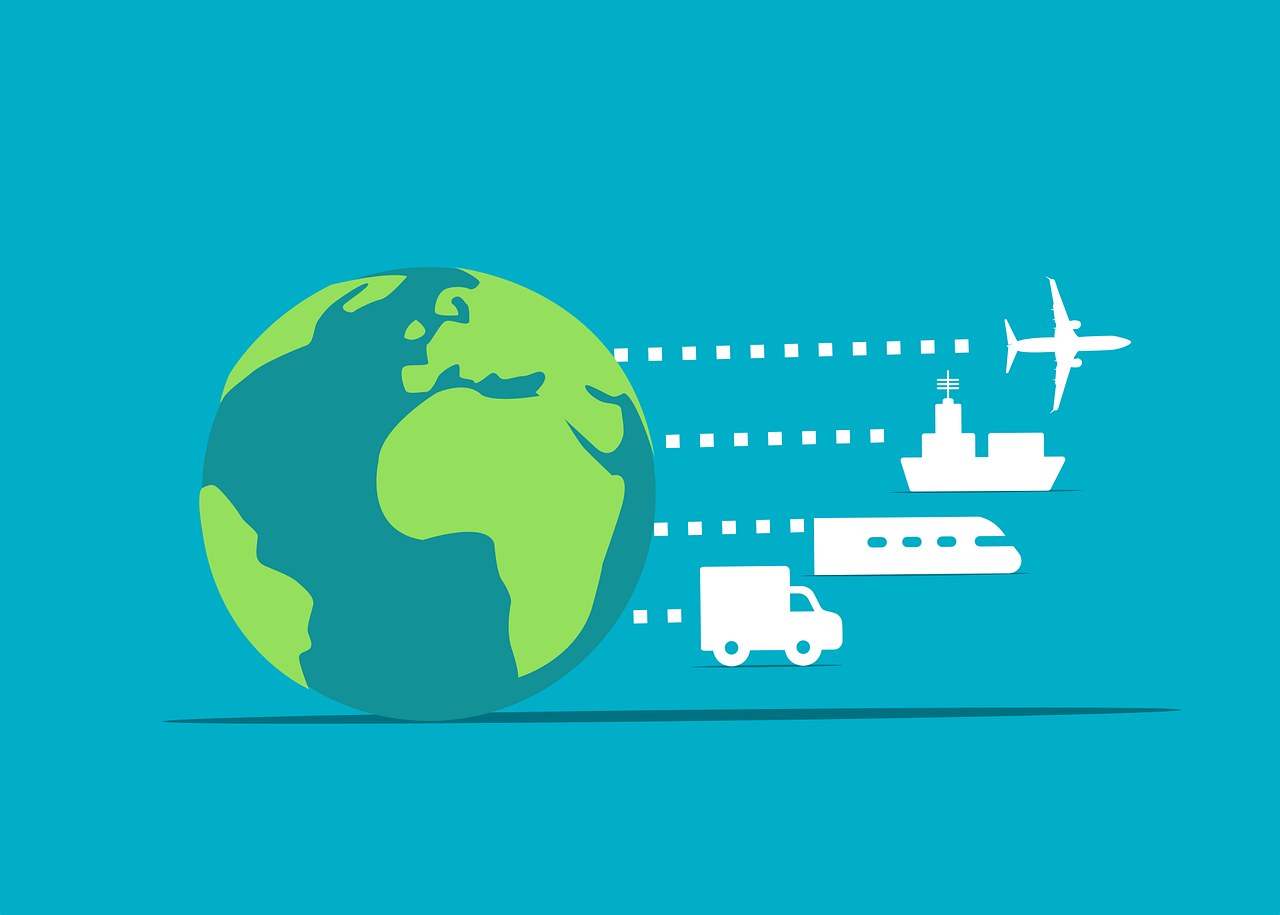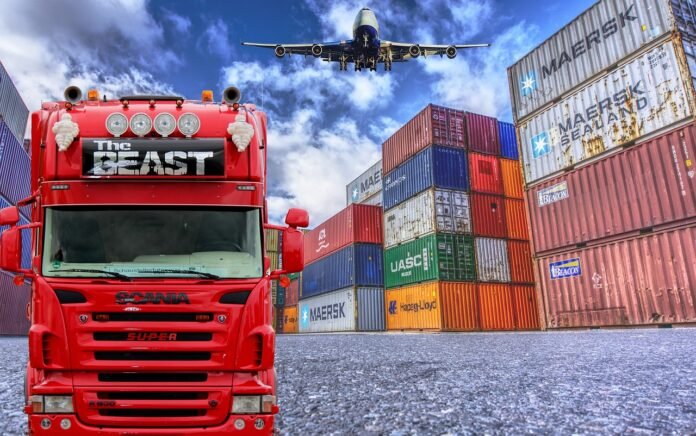NEW YORK, AUGUST 4 – The UN Global Compact released the new guidance Just Transition in Supply Chains today to help companies better manage climate risks by placing the concept of a Just Transition at the centre of transition planning and risk management strategies and as a key pillar in the overall management of supply chains.
 The brief was developed by the Stockholm Environment Institute with inputs from partners and company participants in the Think Lab on Just Transition. It highlights recent examples of companies implementing policies and practices to manage the environmental and social impacts of their supply chains and discusses the importance of multilateral frameworks, the role of governments and multi-stakeholder collaborations, and offers five recommendations for businesses to improve the sustainability and resilience of their supply chains through a just transition.
The brief was developed by the Stockholm Environment Institute with inputs from partners and company participants in the Think Lab on Just Transition. It highlights recent examples of companies implementing policies and practices to manage the environmental and social impacts of their supply chains and discusses the importance of multilateral frameworks, the role of governments and multi-stakeholder collaborations, and offers five recommendations for businesses to improve the sustainability and resilience of their supply chains through a just transition.
A Just Transition ensures that environmentally sustainable economies are promoted in a way that is as fair and inclusive as possible to everyone concerned, creating decent work opportunities and leaving no one behind. This entails companies embedding principles around social dialogue, labour rights and decent employment into climate risk management strategies to deliver shared benefits for business, workers and communities.
Commenting on the release of the new guidance, Sanda Ojiambo, CEO & Executive Director of the UN Global Compact said: “Companies have a unique responsibility to ensure supply chains are at the heart of a just transition towards decarbonisation to pave the way for a greener, fairer, and more prosperous future for their business, workers, and wider communities.” Companies also need to engage with affected stakeholders to ensure the adequate management of the impact on the communities surrounding transition of their business operations. Moreover, an open and transparent dialogue will facilitate the inclusion of diverse perspectives, fostering trust and ensuring that the plan meets the various unique needs and aspirations of different stakeholders. This is not only crucial for a company’s own operations, but also for their supply chains.
Corporate climate actions targeting company supply chains have gained in relevance in recent years, since value chain emissions are on average 11.4 times higher than companies’ operational emissions. Investors increasingly expect companies to advance on supply chain sustainability. The actions taken by businesses to reach net-zero often require them to seek new inputs to supply chains, technologies and skills, which can result in unexpected labour and social risks. This includes impacts on workers’ employment across different sectors and labour issues in the supply chains, including child labour, hazardous working conditions and adverse impact on communities, including Indigenous communities.
Måns Nilsson, Executive Director, Stockholm Environment Institute said: “The sustainability and climate resilience of supply chains have received increased attention among businesses and policy makers. It’s therefore been a great opportunity to work together with the UN Global Compact partners on just transition and demonstrate how embedding social considerations into business-led climate action in supply chains can benefit businesses, workers and communities.” (@OnuItalia)

